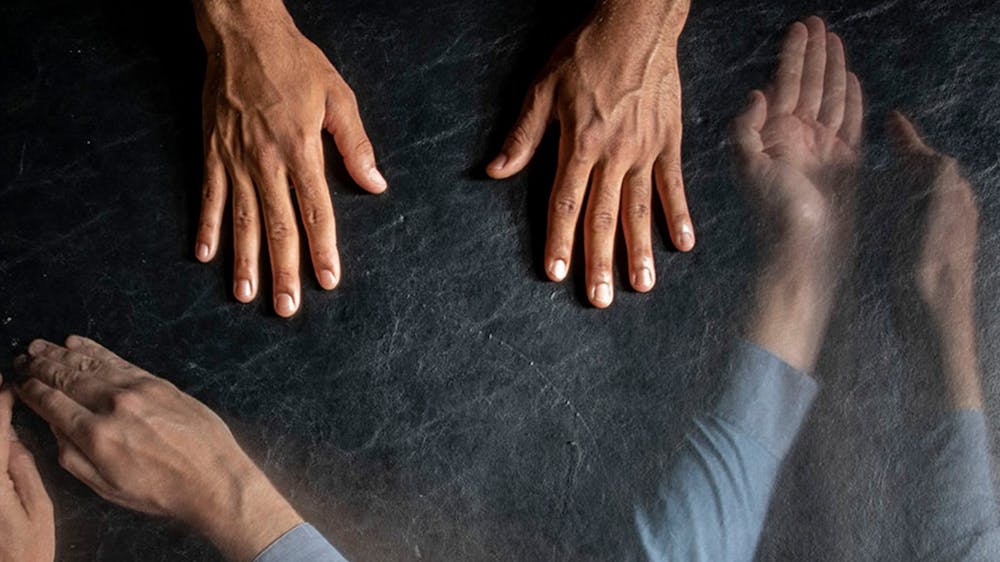Carolina Performing Arts' spring calendar includes several familiar faces, this time in pixels. The latest lineup for “CPA at Home,” Carolina Performing Arts’ ongoing virtual solution to social distancing guidelines, was announced on Jan. 27.
Tift Merritt, a Raleigh-based singer-songwriter and UNC graduate, is back hosting the fifth and sixth episodes of "The Spark," a livestream interview series in which Merritt and a visiting artist discuss the creative process and field questions from the audience.
Wynton Marsalis and the full Jazz at Lincoln Center Orchestra have performed during every CPA season since its inception and will be maintaining their streak digitally on Feb. 25 with “The Democracy! Suite.” Grammy Award-winning bluegrass band Steep Canyon Rangers, formed right here in Chapel Hill, will also be back via prerecorded virtual concert.
These performances are just the first half of the upcoming season. The remainder of performances from April to June will be announced later this spring.
“What can a performing arts organization do if we can’t be on the stage and we can’t invite people to gather and serve communion over art and artists?” Amy Russell, CPA’s director of programming, said. “The obvious answer for us was to go back to those really fruitful and really close relationships, because you can be vulnerable with those people.”
This has provided CPA and the artists they work with the opportunity to experiment and see what audiences respond to, Russell said. The chat box function during "The Spark" livestream, for example, has made it easier for audiences to engage with the artists and each other.
“It frees you up to have this really great conversation with people … in a way that you actually can’t do during a performance because it would be incredibly rude to be talking while there are people onstage,” Christina Rodriguez, the associate director of marketing and communications for CPA, said.
The virtual format has inspired other new ways of experiencing performances, such as the upcoming piece, “A Thousand Ways (Part One): A Phone Call,” by 600 HIGHWAYMEN. In the first of three installments, participants will call in during their assigned slot and be paired with another participant. Guided by a series of prompts read by a prerecorded narrator, the two attendees have an intimate conversation and leave without exchanging names.
“These artists figured out a way to leverage the separation and quarantine to create something that’s really beautiful,” Rodriguez said. "I’m anticipating that it will be a really meaningful thing that people who do it will think about for a long time."




